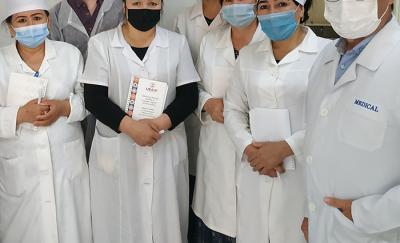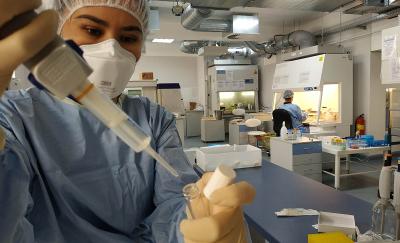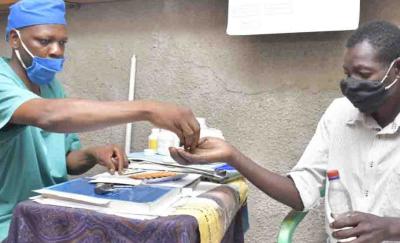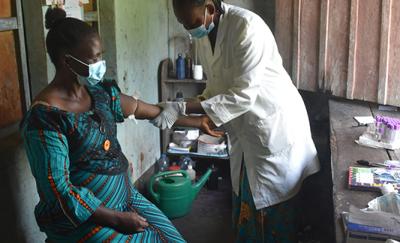To foster a dialogue among stakeholders to accelerate actions to end TB, Abt hosted a virtual forum on equity, participation, and accountability to End TB. The webinar brought together experts, practitioners, policymakers, and advocates from various sectors and disciplines to share their experiences, challenges, innovations, and recommendations in addressing the equity and quality dimensions of TB.
KEYNOTE SPEAKER:
- Yogan Pilay, Director, HIV and TB Delivery, Gates Foundation
MODERATOR:
- Allyson Bear, Senior Vice President, Global Development, Abt Global
PANELISTS:
- Sevim Ahmedov, TB/HIV Prevention, and M&E Lead, USAID
- Prof. Khun Kim Eam, Deputy Director, National Tuberculosis Control Program, Cambodia
- Dr Lindiwe Mvusi, Director, TB Control and Management, South African Ministry of Health
- Jamilya Ismoilova, Tuberculosis Community and Gender Rights Expert, Abt Global
Tuberculosis (TB) remains one of the top 10 causes of death globally, and the leading cause of death from a single infectious agent. TB is a disease of poverty and injustice that affects millions of people around the world. It has a significant impact on the social and economic well-being of individuals, families, and communities as it disproportionately affects the poorest and most marginalized and vulnerable groups and pushes them further into destitution and despair.
The World Health Organization (WHO) has launched the End TB Strategy, 2023-2030, which aims to end the global TB epidemic by reducing TB deaths by 95% and cutting new cases by 90% between 2023 and 2030. According to the Global Plan to End TB 2023-2030, if we do not act urgently, TB will claim 6.6 million more lives by 2030, and cause a global economic loss of $1 trillion. On the other hand, if we invest $250 billion in ending TB by 2030, we can save millions of lives and generate a remarkable return of $40 for every dollar spent.
One of the key principles of the End TB Strategy is to ensure reaching everyone with TB prevention, diagnosis, treatment, and care. World leaders came together at the United Nations High-Level Meeting (UNHLM) in September 2023 and approved a Political Declaration aimed at ending TB. They set ambitious new targets for the next five years to advance global efforts toward putting an end to the TB epidemic. The meeting called for a paradigm shift in how TB is tackled, emphasizing the need for a comprehensive, multisectoral, and people-centered approach. Furthermore, the meeting highlighted the importance of addressing the social, economic, and environmental determinants of TB and ensuring that ethics and human rights are at the core of TB prevention, diagnosis, treatment, and care.





